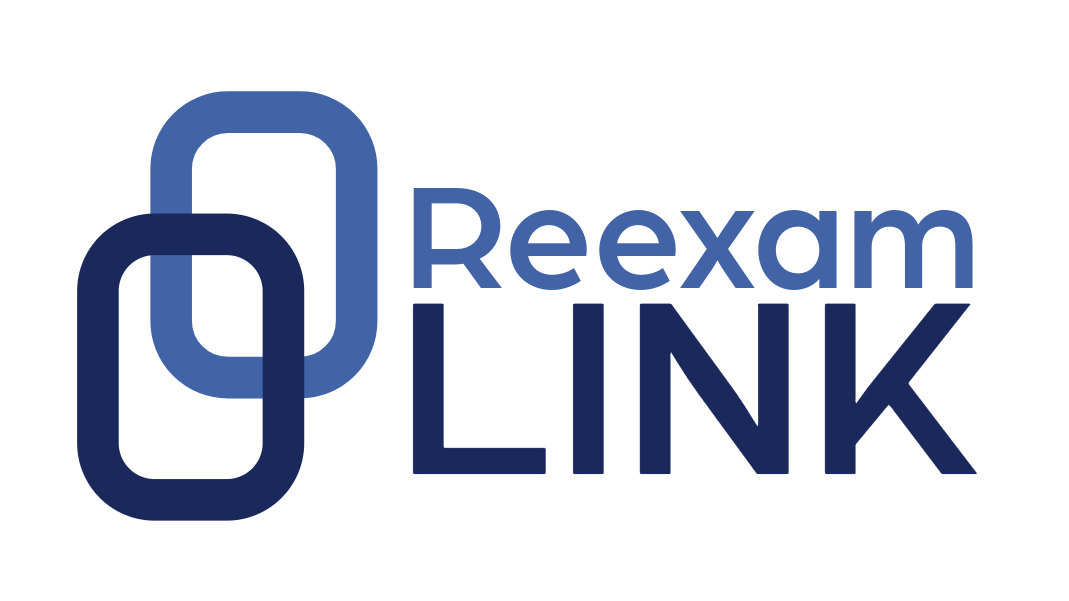Tag: Bianchi
-
Patent Owner Reexamination Requests with Parallel Litigation
You have worked hard and obtained a patent for your company. You do your homework and believe that your competitor is infringing your patent. You ultimately engage the help of a litigation team and sue the competitor for patent infringement. But your competitor is now a defendant and responds with allegations of invalidity based on publication…
-
More on Fractus Reexaminations
My earlier post had an incomplete list of the Fractus reexaminations. A better compilation is found in a document titled: Supplemental Notification of Concurrent Proceedings Pursuant to 37 C.F.R. §1.985 which is found in Reexam Control No. 95/001,414 (see item dated January 14, 2011 on Public PAIR at www.uspto.gov ). The list of reexaminations is substantial and…
-
Factors in Deciding Motions to Stay Litigation Pending Reexamination
If a patent is in reexamination at the outset of a patent infringement action, there is a possibility of obtaining a stay from the district court. But motions to stay are not always successful, and they are decided after consideration of several factors. One case that demonstrates some of the factors in deciding whether to…
-
Fractus, S.A. Patent Reexaminations Ordered
In large patent litigations it has become more likely to see defendants request reexamination of the patents asserted. Some of the advantages of doing so were outlined in prior posts. Fractus, S.A., is a company headquartered in Spain that sells and licenses technology relating to fractal antennas. Fractus asserted nine patents against a number of defendants last year. Defendants Kyocera,…
-
Reexamination Result Used in Reversal of Finding of Exceptional Case Attorney Fees
In Old Reliable Wholesale, Inc. v. Cornell Corp. decided March 16, 2011 (Fed. Cir. Appeal No. 2010-1247), the Federal Circuit reversed the lower court’s finding of an exceptional case based on a positive reexamination result. Briefly, Old Reliable sued Cornell for patent infringement in 2006. Cornell filed an ex parte reexamination of the Old Reliable patent…
-
Microsoft v. i4i – Part III: Changing the Presumption of Validity: Impact on Reexamination Practice
Posted March 14, 2011 The prior post discussed only some of the many options the Supreme Court has in the Microsoft v. i4i case (i4i). In summary, the presumption of validity of a patent as we currently know it may be changed and the standard of proof required for an accused infringer to prove invalidity…
-
Microsoft v. i4i – Part II: The Supreme Court’s Many Options
Posted March 6, 2011 The previous post included a summary of the facts from the Microsoft petition for certiorari. The Supreme Court has several options when deciding the outcome of this case. It can maintain the Federal Circuit’s existing presumption of validity. On the other hand, it can relieve an accused infringer from having to…
-
Microsoft v. i4i and the Presumption of Validity – Part 1
Posted March 5, 2011 In Microsoft v. i4i, which has been granted certiorari by the Supreme Court, Microsoft’s position is that the presumption of validity should not be enjoyed by a patent owner for prior art not considered by an Examiner in ex parte prosecution of a patent application. The upshot of its position is…
-
“Past Damages” and Reexamination for Mature Patents
An earlier post discussed the impact of amendments in reexamination, but there are some dynamics we should explore for “mature” patents. A mature patent is an old patent that is close to expiration. (For example, a patent that has less than 5 years of patent term before expiration.) When a patent is asserted late in…
-
Ex parte Yasukochi BPAI Decision on Appeal 2/22/2011
On June 25, 2010, the Patent Office clarified its procedure for seeking review of a finding of a substantial new question of patentability in ex parte reexamination proceedings. See Federal Register Notice v75 pp. 36357-8 (6-25-10) at this link: (Fed Reg v 75 pp36357-8 (6-25-10) – re Ex Parte Reexam Proc). In short the Notice provides that: 1) …
